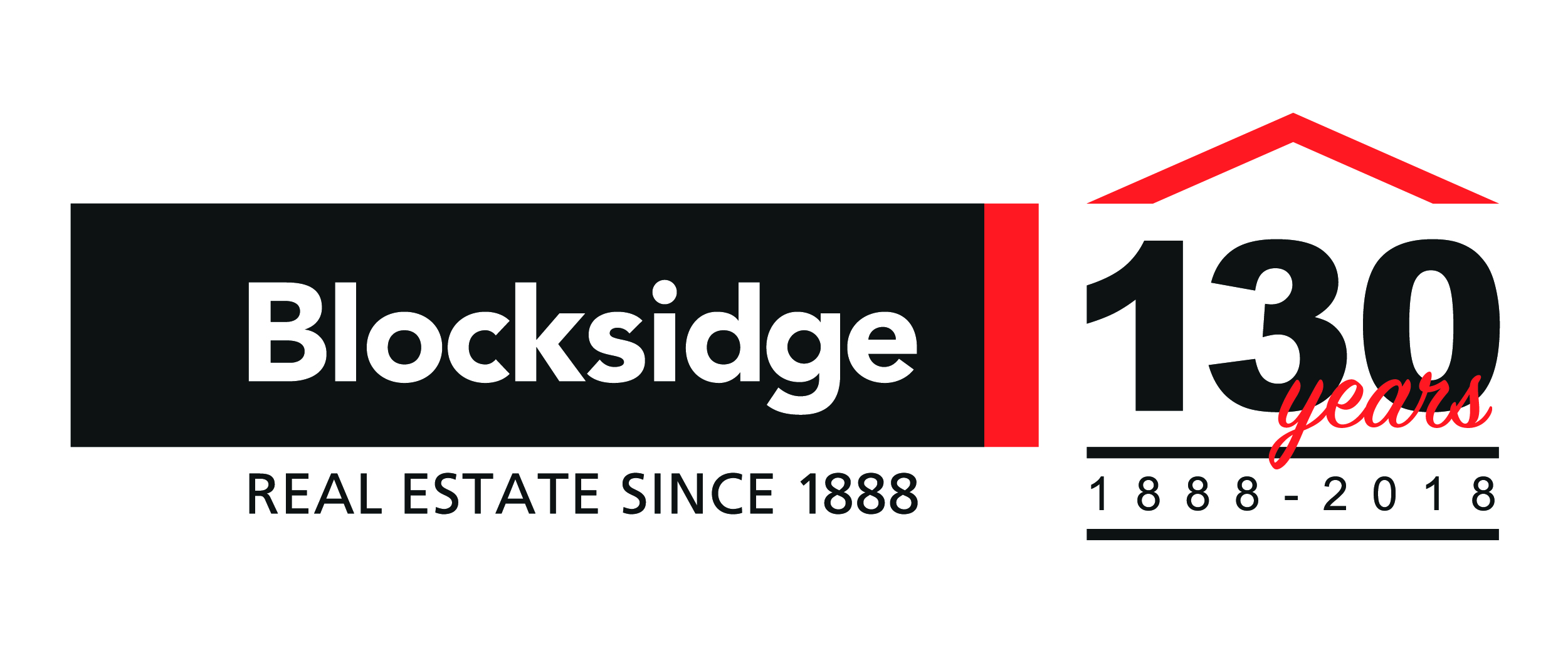What is conveyancing?
Conveyancing is the legal process of buying or selling land, with or without a building on the land. Buyers and sellers enter into an agreement with or without special conditions (the contract).
Whether you’re purchasing your first property or an experienced property investor, it’s useful to have a clear outline of all the steps involved in the conveyancing process. The below will outline the process, and list essential steps to be aware of.
CONVEYANCING PROCESS WHEN YOU ARE THE BUYER
Stage 1: prior to contract execution (signing)
What you will do:
- Provide your Contract to the conveyancer for review
What your conveyancer will do:
- Review your Contract on your behalf prior to execution
- Draft or proof any documents required
- Be available to provide any guidance or advice required in relation to the Contract
- Offer advice on any applicable government grants or concessions (e.g. First Home Owners Grant)
- Assist your real estate agent in finalising the Contract
Stage 2: after contract execution and the documents are exchanged
What you will do:
- Read all correspondence that the conveyancer sends to you and complete the necessary instructions to finalise the paperwork
- Advise the conveyancer if you would like them to conduct any additional or optional searches (there is a list of examples of these additional searches that a buyer may request. Generally, all of these additional searches come with at a cost)
- Arrange building and pest inspection reports for the property (optional but recommended)
- Arrange a pre-settlement inspection of the property (optional but recommended)
- Organise insurance cover for the property within 24 hours of signing a contract
- Confirm finance approval for your purchase with the mortgage broker/bank/lender
What your conveyancer will do:
- Continue to provide critical event updates when appropriate
- Be available to answer any questions you may have during this stage
- Provide you with full details on all aspects of the sale you need to be aware of (perhaps even provide a checklist of these with dates)
- Carry out all standard searches for the property (see further down for a list of standard searches when buying Brisbane property). All of these searches come with at a cost.
- Advise of any additional searches that may be required for the property
- Calculate transfer duty to be paid (as per Government requirements)
- Confirm all items included in the sale of the property
- Advise you of settlement time and location details
Stage 3: settlement
What you will do:
- Pick up the property keys from the real estate agent!
What your conveyancer will do:
- Confirm and advise you of the full settlement amount to be paid, complete with stamp duty
- Your conveyancer will arrange and attend the settlement meeting on your behalf
- Advise you when the property is officially in your name
- Confirm settlement officially in writing to you and the real estate agent
- Arrange for keys and any security devices to be delivered to the real estate agent
If enjoyed this article you might like our article on property settlement tips for buyers.

CONVEYANCING PROCESS WHEN YOU ARE THE SELLER
Stage 1: prior to contract execution (signing)
What you will do:
- Provide your Contract to the conveyancer for review
What your conveyancer will do:
- Review your Contract on your behalf prior to execution
- Draft or proof any documents required
- Be available to provide any guidance or advice required in relation to the Contract
- Assist your real estate agent in finalising the Contract
Stage 2: after contract execution and the documents are exchanged
What you will do:
- Read all correspondence that the conveyancer sends to you and complete the necessary instructions to finalise the paperwork
- Deliver all keys/remotes and security devices to the real estate agent – or discuss with the conveyancer about where they will be made available.
What your conveyancer will do:
- Continue to provide critical event updates when appropriate
- Be available to answer any questions you may have during this stage
- Provide you with full details on all aspects of the sale you need to be aware of (perhaps even provide a checklist of these with dates)
- Confirm all items included in the sale of the property
- Arrange settlement details with the buyer’s conveyancer
- Advise you of settlement time and location details
Stage 3: settlement
What you will do:
- Hand over the property keys to the real estate agent
- Arrange disconnection of utilities
What your conveyancer will do:
- Discuss settlement figures with you
- Arrange and attend the settlement meeting on your behalf
- Confirm settlement officially in writing to you and the real estate agent

Glossary of Conveyancing Terms
The below terms are ones that will likely be mentioned by your conveyancer and real estate agent during the selling or buying process.
- Certificate of Title – this is the certificate issued by the Queensland Government demonstrating ownership of the property. This an be in electronic or hard copy format.
- Community Titles Scheme, or Strata Title – this is a term used to describe multi-dwelling developments (e.g. unit blocks or townhouses). The title has the same rights as the title associated with a block of land however, there are usually common areas too (e.g. swimming pools, driveways etc.). These titles are usually managed by a body corporate whose members are made of the strata title owners. We have a helpful article with more information on Strata Titles that purchasers considering a unit or townhouse may like to read.
- Contract – the contract is the written or printed document that obligates a buyer and seller to complete all of the steps necessary to transfer property.
- Cooling off period – the length of time where the buyer of the property may back out of the Contract.
- Disbursements – amounts that are paid on your behalf to outside parties (e.g. councils) to either obtain information or search results. These are fixed costs determined by the relevant parties.
- Exchange – the point at which a binding contract is passed from the buyer to the seller or vice versa which has been signed by both parties.
- Finance Date – the date upon which you must be able to confirm that the bank will lend you money if you are borrowing (e.g. taking out a mortgage). It is not the date from which you need the money, rather the date upon which the bank confirm they will provide you the money at settlement.
- Settlement – the date or point at which the actual property transfer occurs (e.g. the payment of monies and the delivery of documents necessary for the registration of the new owner on the title).
- Torrens System/Title – is the system of titling used in Australia and every State. It includes all types of land and real property ownership including strata community titles.

Standard Searches your Conveyancer should do for Brisbane properties:
- Title Search – this search provides the legal description of the property, and who the registered owner of the property is. It will also show any registered encumbrances over the property. A title search is required immediately and another on the day of settlement.
- Registered plan search – this search provides a copy of the registered plan for the property indicating its boundaries and size and its street location.
- Contaminated land search – this search confirms whether the property is listed on the contaminated land register.
- Land Tax search – this search confirms whether the current owner owes any land tax in relation to the property. If any outstanding land tax is not paid by the current owner prior to settlement, then the obligation to pay the outstanding land tax passes to you as the new owner following settlement.
- Bankruptcy/Company search – confirms whether the registered owner/s of the property are bankrupt (if person/s) or have been wound up (if a corporate entity) – if either applies the owner cannot hand over the ownership of the property at settlement without approval from their Trustee in Bankruptcy.
- Main Roads search – ascertains whether the property will be affected by any Transport Department proposals.
- Water supply & sewerage services search – this search will provide details of information such as a special water meter reading, available and/or connected services, and outstanding water supply and sewerage charges.
- Local Authority search – what is included in this search will vary from Council to Council, as does the cost. Some example searches include Rates & Valuation Certificate, Plumbing Drainage Plan, Plumbing Compliance Certificate, Limited Planning and Development Certificate, Flood Information Search.
- For Units and Townhouses, Body Corporate Adjudicators search – to see if there are any claims regarding the Body Corporate by any of the Unit Owners.
- For Units and Townhouses, Body Corporate Records Inspection search – this is a physical inspection which is done of the body corporate records to give a detailed report of matters affecting the lot or body corporate.
Additional Searches that are optional for Brisbane properties:
- Energex search – to determine if there are any large power lines nearby, or if a tower may be built near your property in the near future.
- Town Planning Search – A Limited Town Planning Certificate will provide a description of any Planning Scheme provisions applying specifically to the premises, description of any designations and information recorded for the premises in the infrastructure charges schedule or regulated infrastructure charges schedule.
- Building Approvals Search – if you want to check whether additions to the property e.g. decks, swimming pools, have been approved by Council.
- Heritage Search – if you believe that the property may be listed on the heritage register.
- Easements & other such encumbrances (if noted on your title search) – a search will reveal the nature of the encumbrance.
- Queensland Transport and Main Roads Property Search – this will tell you if any Queensland roads or rail authority has any plans that will affect the property.
- Survey Plan – if you are unsure of the property’s boundaries, then you can obtain a survey plan of the property to confirm actual boundaries.
- QCAT Tree and Fence Search – to check for tree, dividing fences and pool fencing orders under the Neighborhood Disputes (Dividing Fences and Trees) Act 2011 or the Building Act 1975 affecting the property or the body corporate.
- Underground Cable Search – standard conveyancing searches will not discover the existence of any underground cables as communications carriers are not required to take out easements over properties when laying cables. Nothing will show on the title certificate for the property to indicate the presence of underground cables. If you find you have underground cables on your property after settlement, then you can be up for significant costs in the event that you inadvertently dig up a cable and damage it. Also you are restricted in what you can do over that part of your property through which the underground cables run. The Carrier also has the right to enter your property to maintain and repair their cables.



